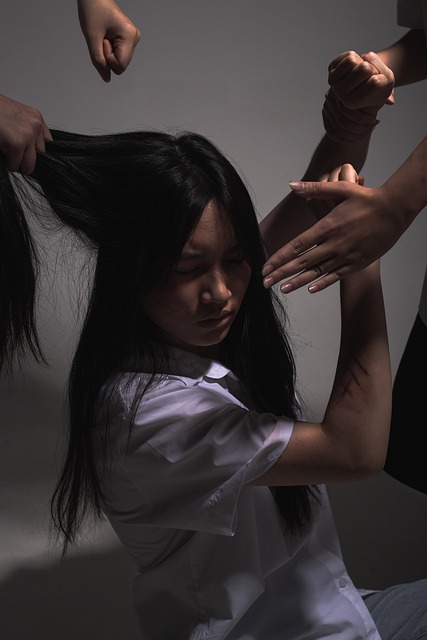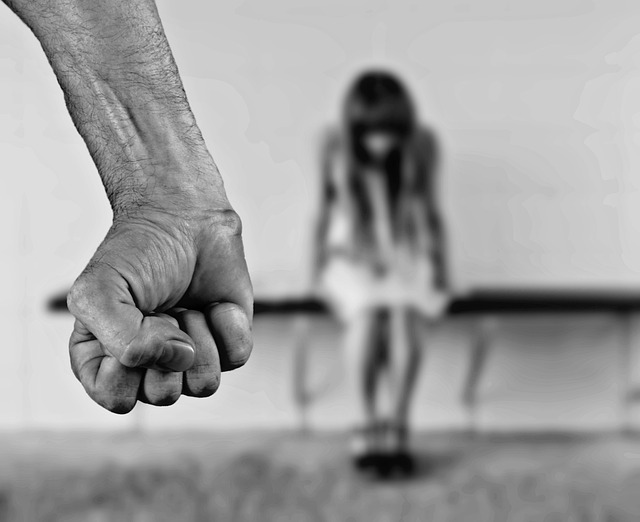Teen Challenge Abuse: Families facing abuse within the program must recognize historical misconduct, including forced labor, physical punishment, isolation, and control over communication, which can cause severe psychological trauma. Trusting instincts, documenting evidence, and connecting with specialized support groups or legal professionals are crucial steps for safety, justice, and recovery. Advocating for justice involves seeking qualified attorneys, joining support groups, and aiming for accountability to prevent future occurrences.
“In the face of Teen Challenge abuse, families deserve support and advocacy. This comprehensive guide explores the complex issue of misconduct within Teen Challenge programs and its profound impact on loved ones. We delve into recognizing red flags, understanding the emotional and practical challenges faced by affected families, and empowering them with resources for justice. If you or someone you know has been touched by Teen Challenge abuse, this article provides crucial steps towards healing and advocacy.”
- Understanding Teen Challenge Abuse: Recognizing the Red Flags
- The Impact on Families: Emotional and Practical Considerations
- Advocating for Justice: Resources and Steps to Support Affected Families
Understanding Teen Challenge Abuse: Recognizing the Red Flags

Understanding Teen Challenge abuse is a critical first step for families facing its impact. It’s essential to recognize that Teen Challenge, while marketed as a faith-based rehabilitation program, has a history of misconduct and abusive practices. Red flags may include forced labor, physical punishment, isolation, and control over communication, often disguised under the guise of spiritual discipline. These tactics can lead to severe psychological trauma, substance abuse relapses, and even suicide attempts among former participants.
Families experiencing such situations must trust their instincts and seek help promptly. Documenting instances of abuse and gathering evidence can be crucial in legal proceedings and supporting a victim’s recovery. It is vital to connect with support groups or legal professionals specialized in addressing Teen Challenge abuse to ensure safety, justice, and the best possible outcome for affected individuals and families.
The Impact on Families: Emotional and Practical Considerations

When a family is affected by Teen Challenge misconduct, the impact can be profound and far-reaching. Emotional trauma is a significant consequence, as parents and siblings grapple with the betrayal and fear surrounding their trusted child’s involvement in such activities. The revelation of abuse can lead to feelings of shock, anger, guilt, and deep sadness, affecting not just the immediate family but also extending to close friends and the broader community.
Practical considerations also emerge, demanding careful navigation. Families may face legal entanglements, requiring them to understand their rights and take necessary actions. The process of seeking justice can be emotionally taxing while simultaneously dealing with potential financial burdens and the challenge of rebuilding trust in similar programs or institutions. Support networks become crucial during these times, offering both emotional solace and practical assistance as families work towards healing and recovery.
Advocating for Justice: Resources and Steps to Support Affected Families

Advocating for justice is a crucial step for families affected by Teen Challenge misconduct. The first resource to explore is legal representation; seeking a qualified attorney who specializes in personal injury or abuse cases can provide invaluable guidance and support. These professionals have the knowledge and skills to navigate complex legal systems, ensuring your rights are protected.
Additionally, connecting with support groups and organizations dedicated to addressing Teen Challenge Abuse can offer emotional assistance and shared experiences. They can connect families with resources for counseling, financial aid, and legal education, empowering them to take informed actions. Remember, advocating for justice is not just about seeking punishment; it’s about ensuring accountability, healing, and preventing future occurrences of such misconduct.
In light of the exposed Teen Challenge Abuse, it’s imperative that families affected by such misconduct know they are not alone. By understanding red flags, recognizing the profound impact on their lives, and utilizing available resources, they can advocate for justice and healing. Through collective efforts, we can ensure that organizations like Teen Challenge are held accountable, fostering a safer environment for vulnerable individuals and families.
